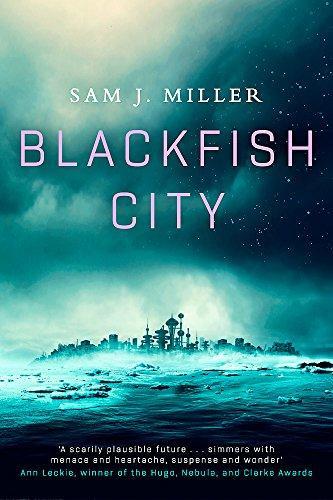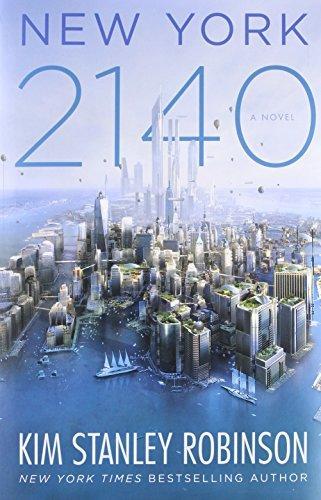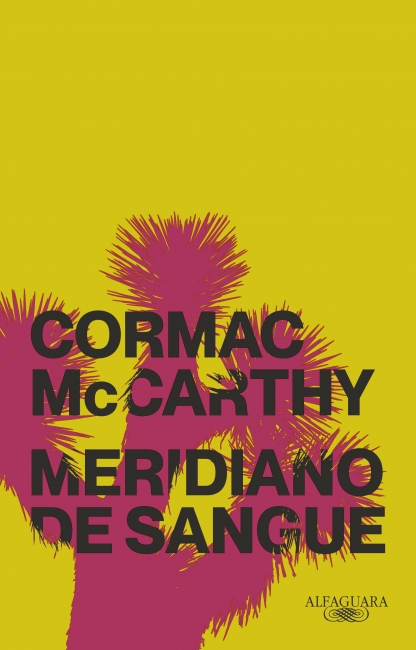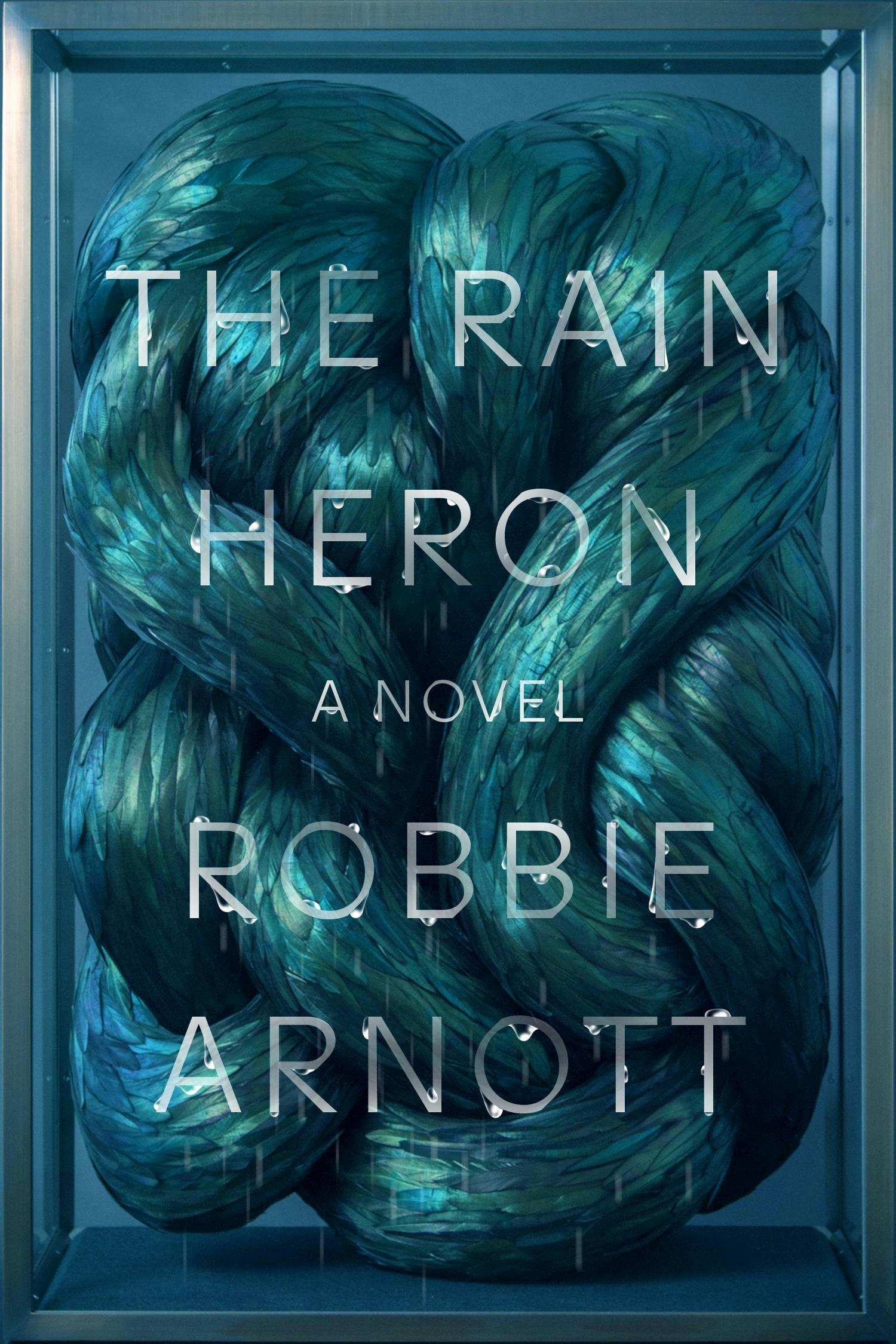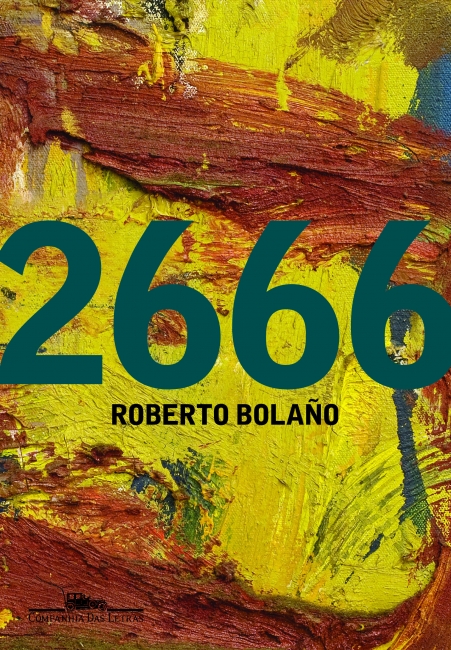( sol2070.in/2025/02/livro-2666-roberto-bolano/ )
Não é sempre que leio e consigo apreciar uma obra genial como "2666" (2004, 856 pg), do consagrado autor chileno Roberto Bolaño.
É uma mega-estória amalgamando cinco partes, que poderiam ser lidas como cinco romances independentes. A principal e mais longa ecoa em todas as outras, sobre assassinatos e estupros seriais de centenas de mulheres pobres, ao longo de anos, em Santa Teresa, uma cidade mexicana perto da fronteira norte-americana. Todas as vítimas são empregadas de “maquiladoras”, fábricas norte-americanas que se aproveitam dos baixos custos e exportam tudo de volta aos EUA. O local é uma versão fictícia de Ciudad Juárez, onde no mesmo período, muitas mulheres foram assassinadas.
Bolaño costuma ser apontado como o maior escritor latino-americano desde Gabriel García Márquez, tendo vivido como artista andarilho, marginal e boêmio até 2003, quando faleceu aos 50 anos pelas complicações hepáticas resultantes do uso de heroína em anos anteriores.
"2666" é considerada sua obra-prima. Apesar de exigir apreciação mais reflexiva, a primeira impressão de uma leitura corrida não deixa de ser satisfatória, na maior parte. Foi assim que li. Contudo, como primeira opinião, cheguei a pensar que talvez o livro não valesse tantas páginas (a versão original em espanhol tem mais de 1.100 pg).
Após examinar melhor, com a ajuda de algumas análises, agora concordo que é um livro monumental também na dimensão artística.
Tinha ficado impaciente justamente na parte principal, o capítulo sobre os assassinatos. As descrições dos corpos encontrados seguem a frieza de laudos periciais e se repetem a ponto de dispersar a atenção. Perguntava-me qual a intenção disso, sem perceber que estava sendo induzido a tratar as mortes como a maior parte daquela cidade mexicana, anestesiada pelo horror. Algo para virar a cara e ignorar.
Nesse capítulo, a ausência de foco em personagens específicas, como num caleidoscópio de pontos de vista, também acabou me distraindo, inicialmente. Entretanto, o efeito é de um horror vasto e amplo, transcendendo inteiramente inteligências individuais, que vai envolvendo por completo, no subtexto.
Já no texto em si, das cenas que se alternam com os encontros de cadáveres, o tom é muitas vezes pitoresco, beirando o novelesco. Há também uma violenta imersão na prisão para onde vai um alemão acusado pelos crimes.
Como disse um crítico, “enquanto os corpos se empilham e todas as investigações dão em nada, se torna claro que aquilo a que estamos sendo apresentados é uma visão do inferno, um lugar onde o horror não tem fim e significado. É difícil pensar em uma sequência mais terrível na literatura”.
O livro foi publicado depois da morte do autor, que após cinco anos de trabalho, ainda planejava uma revisão final, a ser entregue poucos meses depois. Bolaño idealizou cinco livros separados a serem publicados com intervalos de um ano. Entretanto, pessoas herdeiras e da editora concordaram que a obra já estava finalizada e que deveria ser publicada de uma vez só.
A primeira parte é sobre três homens e uma mulher, dedicadas à crítica literária, que terminam num tipo de “retângulo amoroso”, por serem pessoas obcecadas com Archimboldi, um escritor-fantasma alemão, que nunca apareceu em pessoa, mas cujos romances são cultuados como rara literatura, que o mundo ainda não percebeu a existência.
Pode parecer uma história irrelevante, com excesso de referências eruditas, mas acaba se integrando perfeitamente na história maior. Em muitos momentos, é neuroticamente cômica. Como diz outro crítico, “Bolaño jamais se cansa de notar como uma paixão pela literatura trilha pelo fio da navalha entre a irrelevância catastrófica e a vocação sublime”.
O segundo livro é sobre Amalfitano, um professor de filosofia em Santa Teresa, onde estão acontecendo os crimes. Além da preocupação com sua filha, que pode virar um alvo, lida com a loucura da esposa desaparecida, que talvez esteja começando a se manifestar nele.
O terceiro livro é sobre um jornalista negro norte-americano que vai para Santa Teresa cobrir uma luta de boxe e se interessa pela onda de feminicídios. Mas seus editores desconsideram a notícia. Ele acaba se envolvendo com a filha de Amalfitano, que acabou se metendo com as pessoas erradas.
A quarta parte é a dos crimes, já citada. Formalmente, é a mais ousada. Alguns trechos que grifei em uma ótima análise, que enfatizam esse miolo do livro:
"A verdadeira crise na fronteira é sistêmica, no tumulto da migração em massa, do crescimento descontrolado, dos governos incompetentes — todos os pontos críticos do nosso momento global, em outras palavras — e seu preço sem nenhum remorso no nível das ruas."
"Essa seção do livro é difícil de ler, em um duplo sentido: sua monotonia repele a atenção e seu tema — o estupro, a tortura e o assassinato de mulheres e meninas — repele a imaginação. Dessa forma, Bolaño encena, e até mesmo torna o leitor cúmplice, do mecanismo psicológico que permite que Santa Teresa continue ignorando os assassinatos, mesmo quando eles se transformam em uma epidemia aterrorizante."
"… desviar o olhar, seja por tédio ou repulsa, é fechar os olhos para as questões morais em questão."
"Alguém diz a Fate: “Ninguém presta atenção a essas mortes, mas o segredo do mundo está escondido nelas”."
"O vilão deste livro é o sistema selvagem do capitalismo global — suas manobras e negociações, sua produção e consumo, os danos locais que ele inflige enquanto chama isso de crescimento."
O último capítulo é sobre a vida de Archimboldi, desde criança até os 80 anos. Em boa parte da história, ele é um soldado da Alemanha nazista durante a Segunda Guerra. Apesar de ser sobre alguém que se dedica à literatura, a narrativa difere bastante das vidas dos críticos literários da primeira parte. Archimboldi é um anti-herói escritor como o próprio Bolaño, que vagou por vários países sobrevivendo em subempregos.
O significado do título do livro permanece enigmático mesmo para especialistas em Bolaño. Um livro anterior faz referência a um cemitério no ano de 2666. Há quem veja também referências bíblicas, como a presença do número 666 ou quantos anos se passaram desde a criação do mundo quando judeus escaparam do Egito.
Mais alguns trechos de análises sobre a obra e o artista:
"Como nas pinturas de Arcimboldo [artista em que o personagem Archimboldi baseou seu nome], os elementos individuais de “2666” são facilmente catalogados, enquanto o resultado composto, embora inconfundível, permanece ameaçadoramente implícito, transmitindo um poder inatingível por estratégias mais diretas."
"Ao escrever contra a corrente sobre suas dúvidas quanto ao que a literatura pode fazer, o quanto ela pode descobrir ou ousar pronunciar os nomes dos desastres do mundo, Bolaño provou que ela pode fazer qualquer coisa e, pelo menos por um instante, deu um nome ao inominável."
"“Roberto surgiu como escritor em uma época em que a América Latina não acreditava mais em utopias, quando o paraíso havia se tornado um inferno, e essa sensação de monstruosidade, pesadelos e fuga constante de algo horrível permeia ‘2666’ e toda a sua obra”, disse o romancista argentino Rodrigo Fresana. “Seus livros são políticos, mas de uma forma mais pessoal do que militante ou demagógica, mais próxima da mística dos beatniks” do que do ‘Boom’."
"Ao trazer aromas de uma cultura latino-americana mais instável, pop e desconfiada do machismo terroso do que a que sucede, Bolaño foi considerado uma espécie de botão de reinicialização em nosso apetite deploravelmente esporádico pela escrita internacional, posicionando-se em relação à geração de García Márquez, Vargas Llosa e Fuentes como, digamos, David Foster Wallace em relação a Mailer, Updike e Roth. Assim como em “Graça Infinita”, de Wallace, em “Os Detetives Selvagens” Bolaño apresentou um épico genuíno, inoculado contra a grandiosidade pela ironia humana, pela sagacidade vernacular e por uma pitada de autodepreciação punk-rock."
